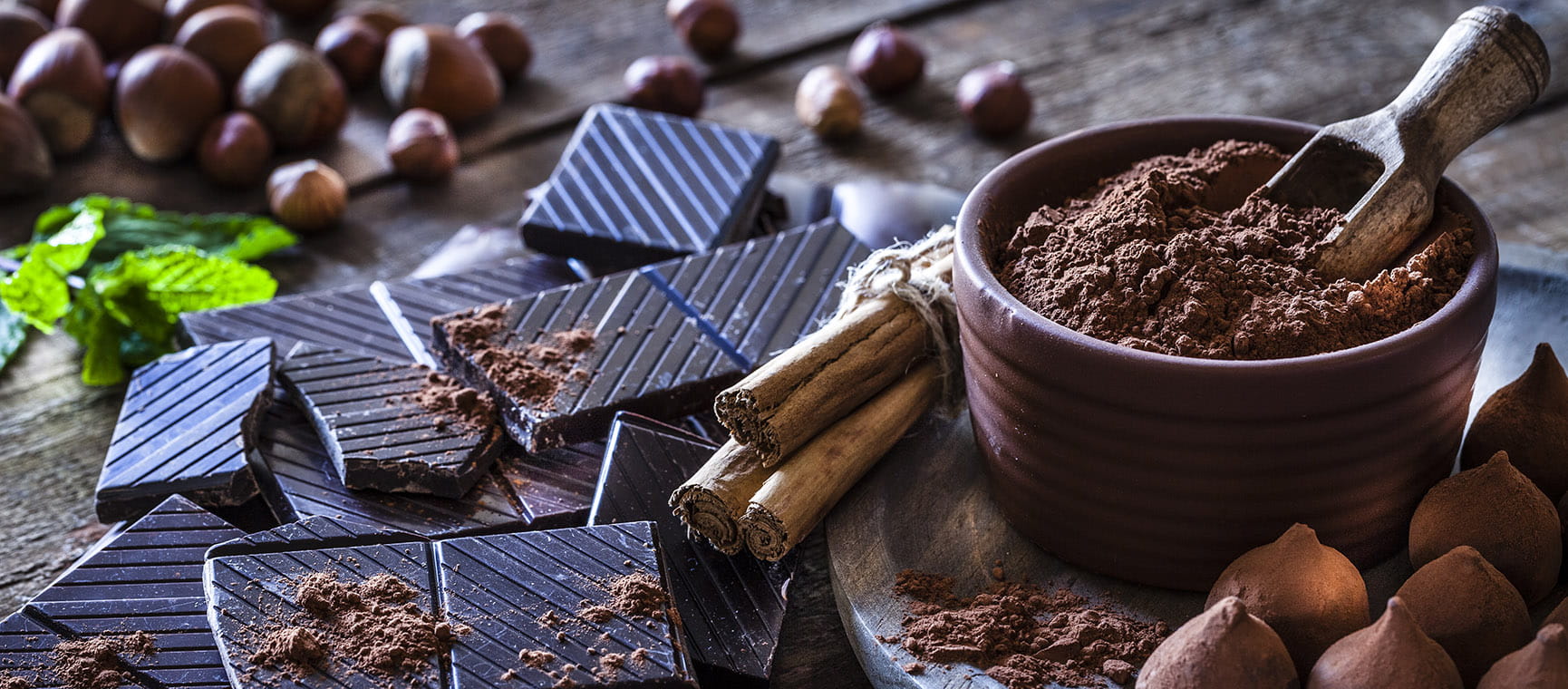
If you’ve ever felt guilty about eating chocolate, then fear not as new scientific research has revealed that a daily dose can actually be good for you.
Growing evidence suggests that eating a small amount of dark chocolate every day could improve your memory, cognition and cardio-metabolic health.
In his Just One Thing podcast, the late Dr Michael Mosley spoke to Professor Aedin Cassidy, whose research found that eating dark chocolate high in flavonoids – a type of phytochemical or plant chemical – every day could improve the elasticity of blood vessels, insulin sensitivity and cholesterol levels in women with Type 2 Diabetes.
We spoke to Emily Foster, a nutritionist at Holland & Barrett and Melissa Snover, registered nutritionist and founder of Nourished to discuss the benefits of chocolate.
The good news is, yes it can. The bad news is, it’s not all types of chocolate. According to the experts, it’s generally dark chocolate that is considered to have health benefits.
“Dark chocolate is chocolate with a cocoa content of over 35%, according to EU and UK regulations,” Foster explains.
“The potential benefits of dark chocolate are due to plant chemicals, known as polyphenols. Due to the lack of polyphenols in milk and white chocolate, dark chocolate is seen as healthier.”
Dark chocolate is particularly rich in a type of polyphenol called flavanol, which is also a type of flavonoid and an antioxidant believed to have health benefits.
Snover says the benefits apply specifically to minimally processed, high-cocoa, dark chocolate.
“Studies have linked flavonoid-rich cocoa consumption to improvements in cardiovascular health, cognition and metabolic function,” she says. “Research into the Guna people of Panama found that their consistently low blood pressure may be connected to their high intake of unprocessed cocoa.
"Another clinical trial showed that a small daily serving of high-flavanol dark chocolate led to reductions in blood pressure, alongside improvements in insulin sensitivity and vascular function when included as part of a balanced diet.”

“The flavanoids present in dark chocolate, have been shown to support memory, improve blood flow and even boost certain cognitive functions,” Snover says.
“Flavonoids can also help improve focus and cognitive processing speeds. But moderation is key: just a small amount is sufficient, and dark chocolate should complement a balanced, nutrient-dense diet.”
So how much should you be eating? In order to get the benefits, the European Food Safety Authority (EFSA) suggests that around 10g of high-flavanol dark chocolate, which equates to two small squares of a high-quality bar daily, is sufficient.
This amount provides a meaningful dose of flavonoids without tipping the balance toward excess sugar or calories. The key is to swap rather than stack, replacing a less nutritious snack instead of simply adding it to your daily intake.
“Dark chocolate with higher percentages of cacao solids typically contains less sugar but more fat,” Foster adds.
“More cacao also means more flavonoids known for their antioxidant properties, so it’s best to choose dark chocolate that includes at least 70 per cent cacao solids or more.”

According to our experts, if chocolate has a bitter taste it is generally going to be better for you, but they appreciate it can take some getting used to.
"The bitterness typical of dark chocolate products can be due to the polyphenol content of the cocoa. The polyphenols in cocoa have been associated with a range of potential benefits,” Foster reveals. “That said, it's not the only reason chocolate could be bitter. The type of processing, additives and sugar content of chocolate can change the nutritive value.”
Snover admits that the bitterness of dark chocolate can be hard for some people to enjoy, so she suggests making a gradual switch.;
“Start by switching from milk chocolate to something around 40–50% cocoa, which offers a good balance of flavour without being overly bitter. As your palate adjusts, you can gradually work your way up to 70% or higher.
"Choosing chocolate with natural flavourings like orange or sea salt can also help ease the transition.”
Both agree that there are many snacks that can be good for you, especially ones that combine fibre, healthy fats and protein. Snover explains, “Snacking isn’t inherently bad, and it depends on what you’re eating and why.
"Thoughtful, nutrient-rich snacks, such as a handful of nuts or fruit with nut butter, can help maintain energy levels and prevent overeating later in the day. The key is to be intentional: choosing whole foods that nourish rather than ultra-processed options that spike blood sugar and leave you feeling sluggish.”
Foster adds, “Protein is great for snacking as it keeps you fuller for longer. Smoothies are often overlooked as a snack, but they pack so many benefits into one easy-to-make drink. But if we’re talking about sweet snacks then the Super Good Almond & Dark Chocolate Bars are hard to beat.”
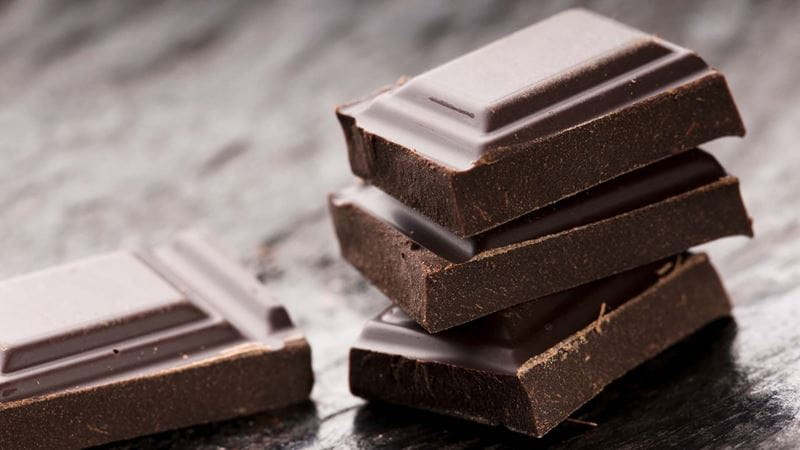
When Carolyn St John Loder had a knee replacement in March 2024, she knew she would be immobile for several months and her knee would be quite inflamed. Determined not to put on any weight, she followed an anti-inflammatory diet to help the healing process but still wanted to get her daily chocolate fix.
So, 60-year-old Carolyn – who works as a health coach and is co-founder of Health Coaches Academy – made her own range of chocolate treats by melting good-quality dark chocolate and adding ingredients to it. One trick she learnt is that if she added some Himalayan rock salt to the mix, the chocolate actually tasted sweeter without the need for added sugar.
“I have not craved any other form of chocolate in years,” she tells Saga. “Having balanced blood sugar is the access to balanced energy and mood and so there is a huge incentive to not go back to eating foods that cause cravings and energy dips and mood variability –closely connected to what and how we eat.;
“With the high protein and antioxidant content of this particular recipe, you are meeting important nutritional needs too. And you can experiment as much as you like – as long as the ingredients have high nutritional value and low sugar, you can make numerous healthy variations. I also find I eat less overall if I include this in my daily diet – the high 'healthy' fat content keeps me feeling fuller for longer.
“I honestly haven't craved any form of sugar in years. You can change your taste buds completely and this only takes two weeks, then simply continue with your new habits and you will never look back.”
Melt all of these ingredients together, then add:
Fold these into the chocolate mix
Pour into a small sandwich tin (eg 7 inch square)
Place in fridge until hard and then cut into chunky squares
Melissa Snover is the founder of Nourished, which produces vitamin and mineral gummies that are sold online and outlets including Boots and Holland & Barrett.
Kate Randall is Saga Magazine's Digital News Editor. Kate has more than 20 years experience in print and digital journalism and specialises in news, entertainment and lifestyle.
In her spare time, she loves trying out the latest exercise trends and fitting in as many holidays as she can.


Health insurance for people over 50 that provides a quicker route to diagnosis and planned medical treatment in a private facility.
Underwritten by Bupa Insurance Limited.
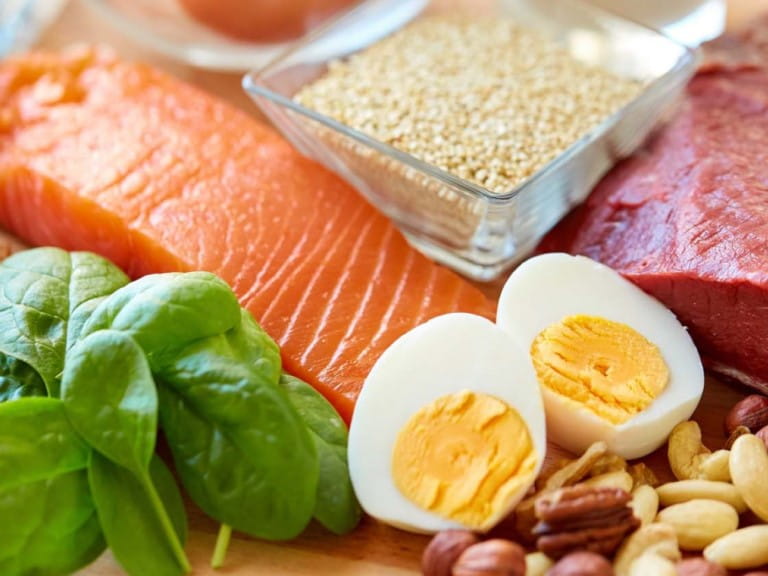
Everything you need to know about protein, from how it benefits your body to the best high-protein foods – and how much you really need.

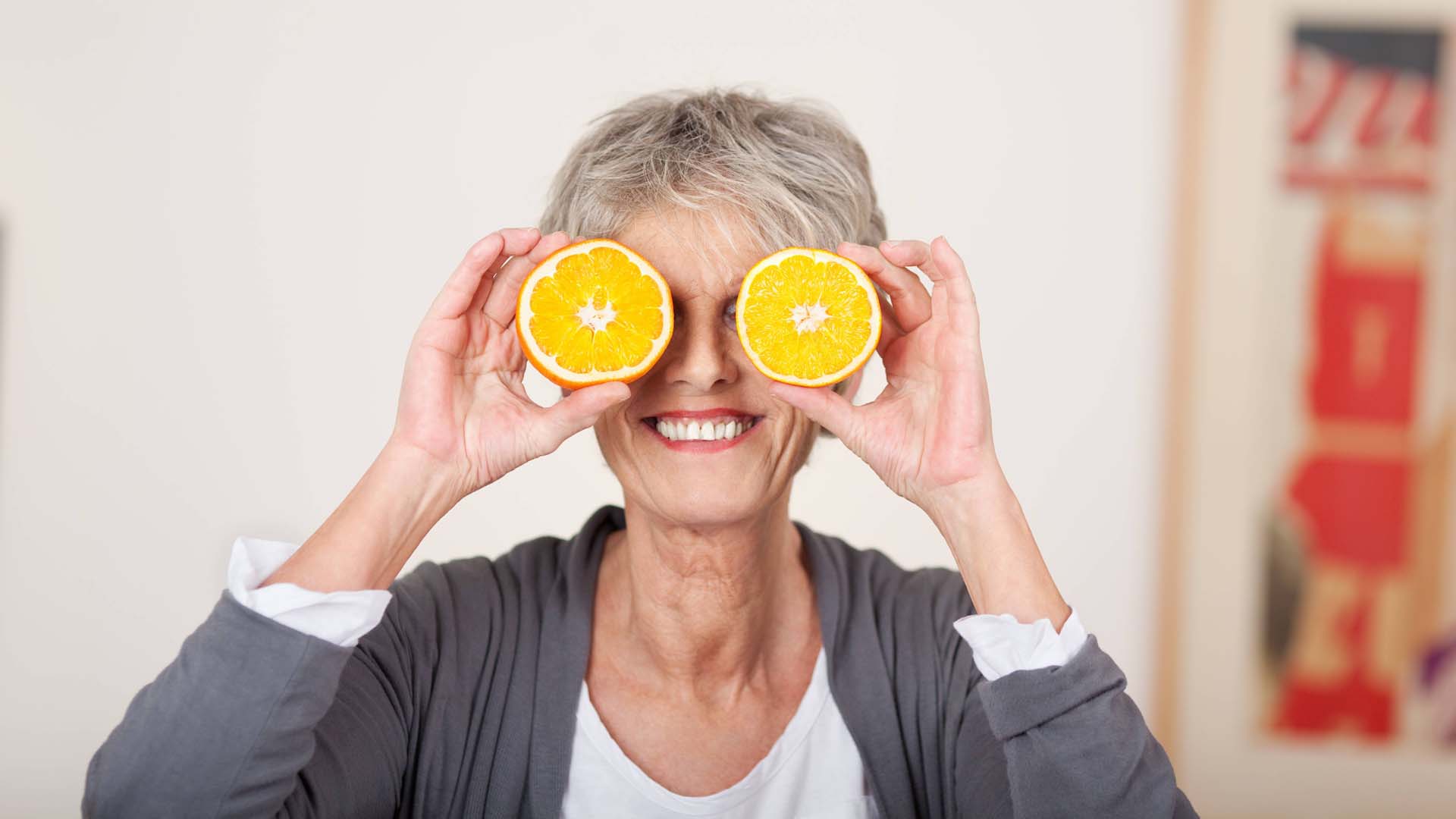
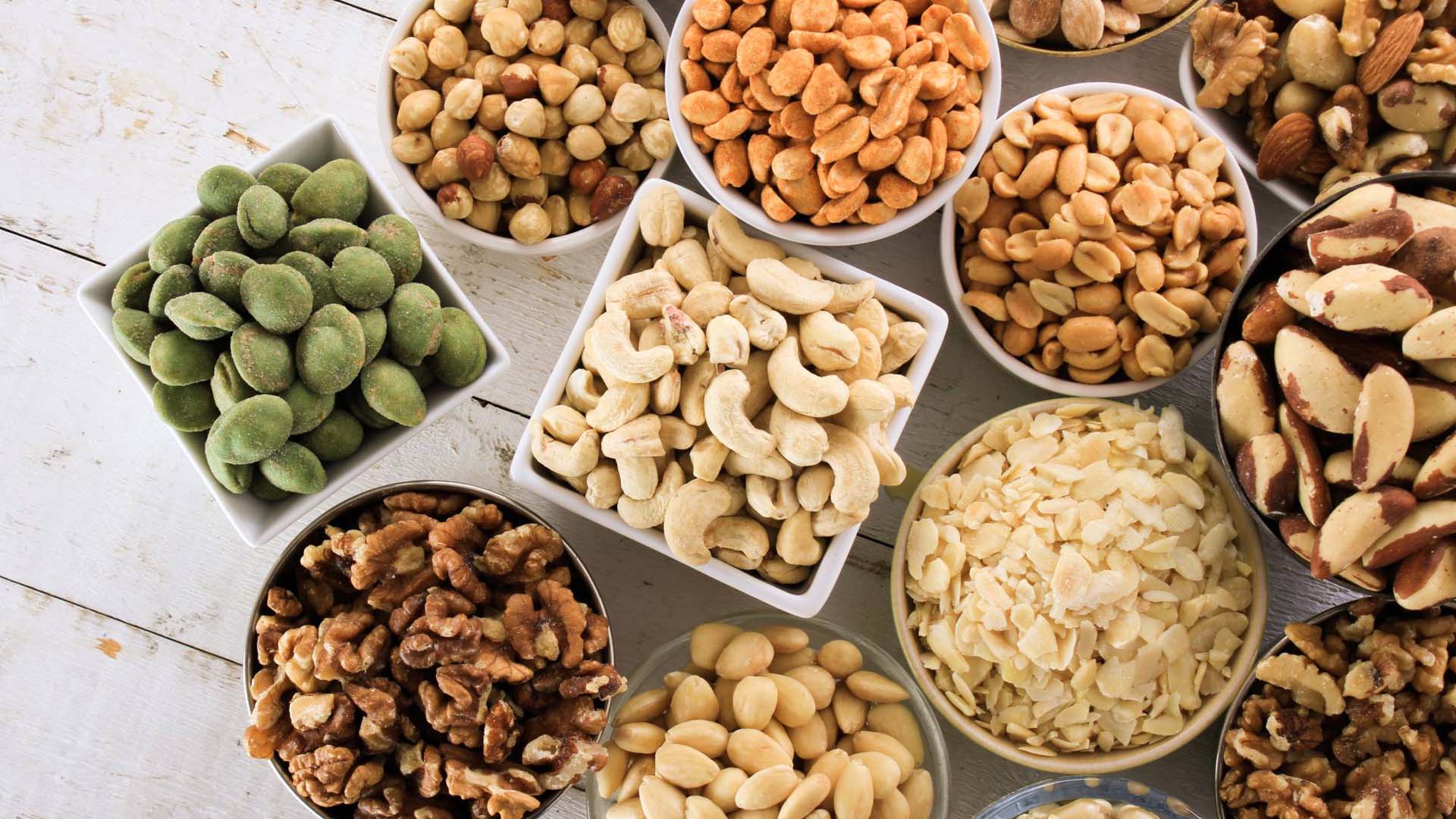
Let’s roast the myths! Not only are nuts less fattening than once feared, research shows they can cut the risk of heart disease too
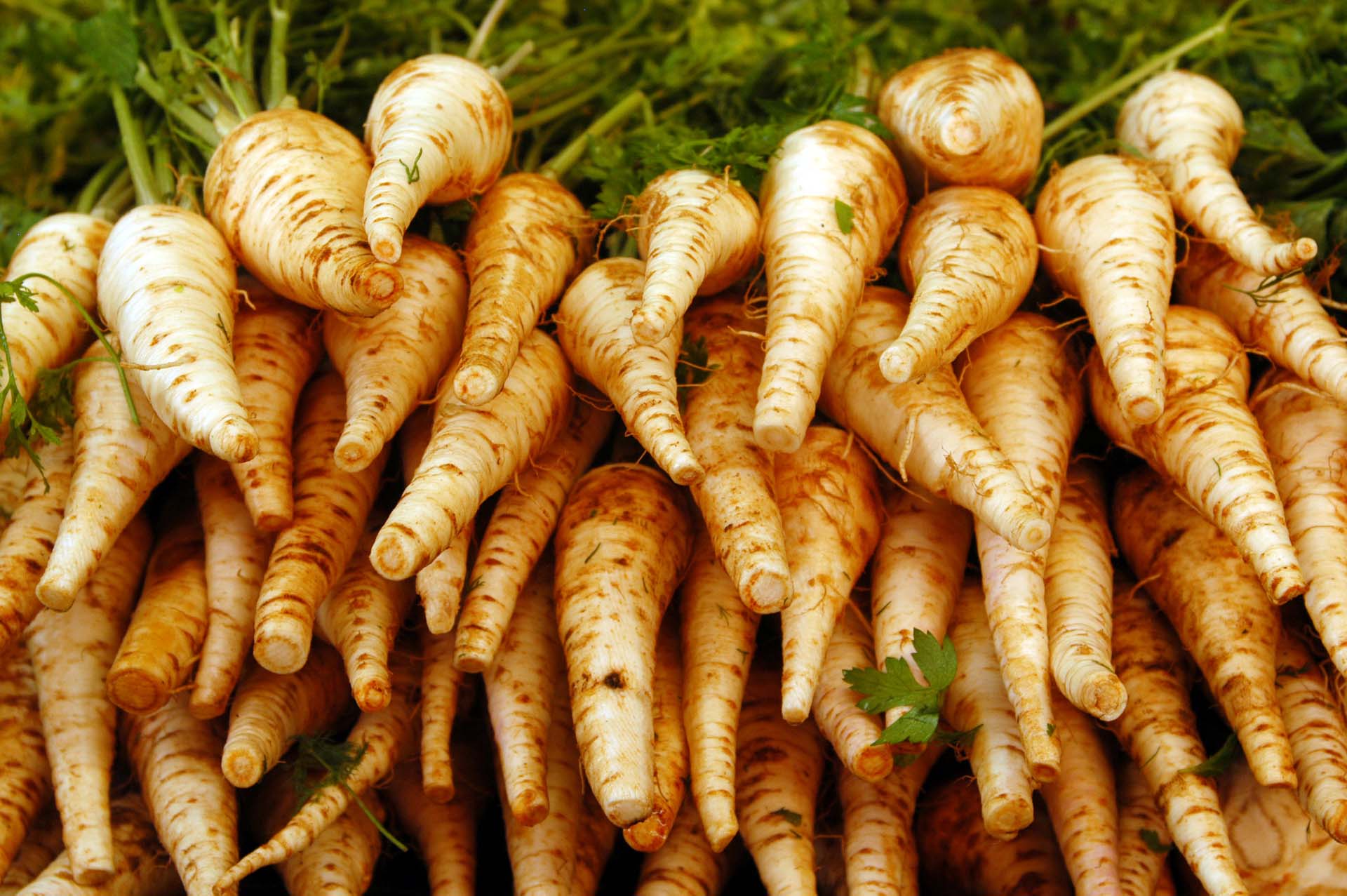
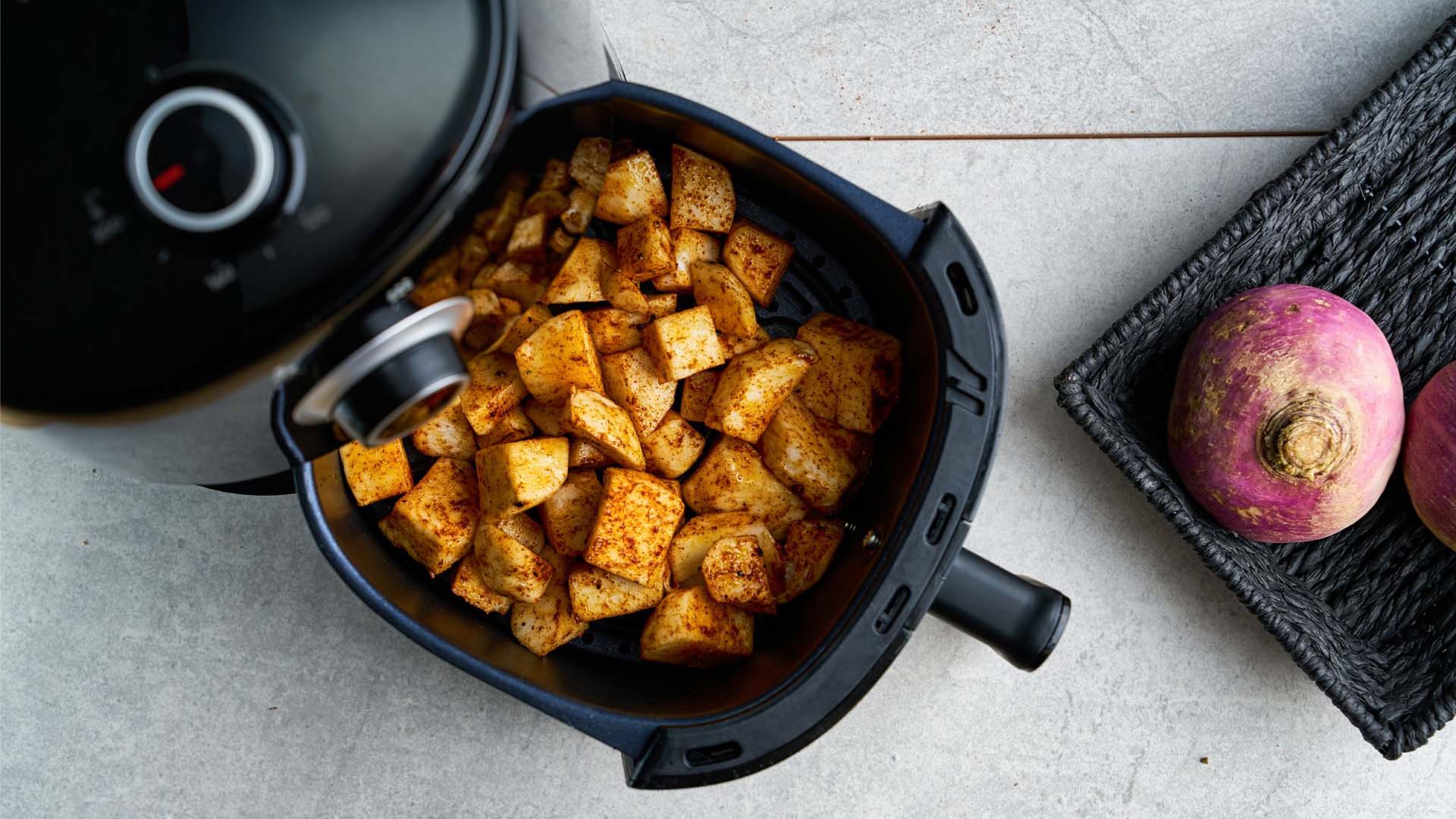
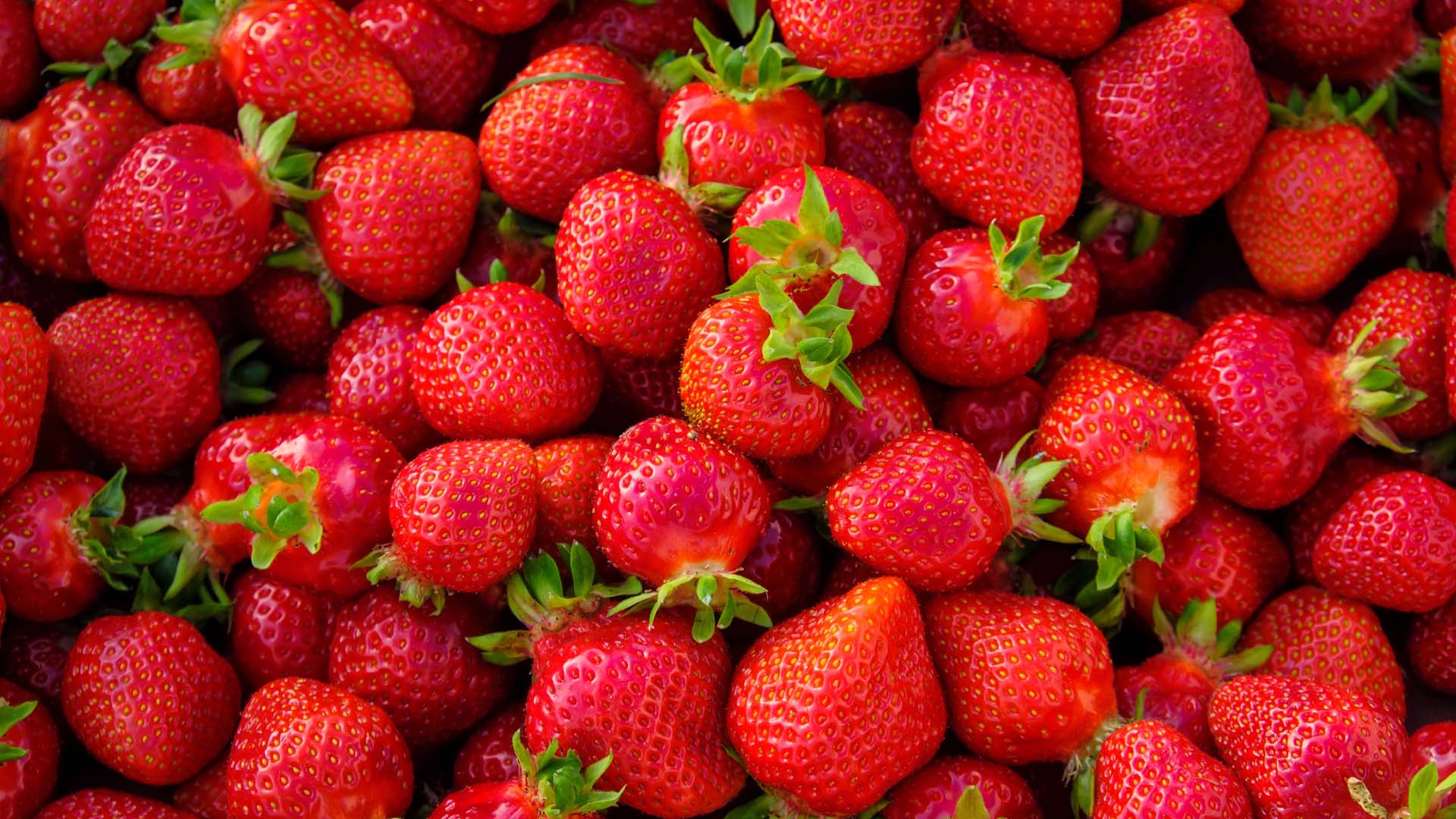
Strawberries don't just taste and look great, they are full of fibre, help your heart health and may even stave off dementia.
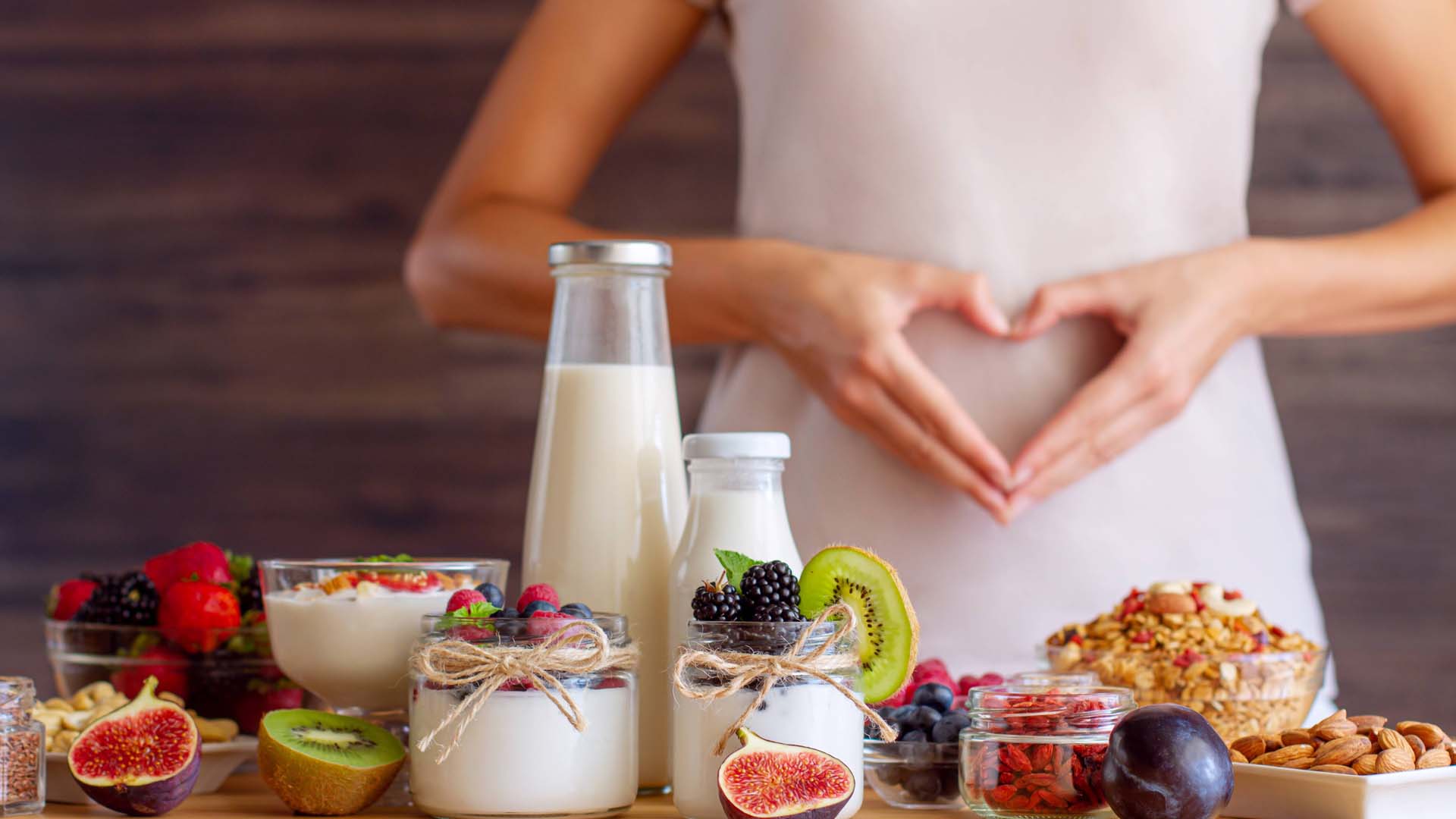
Looking after your gut health could be one of the biggest things that you can do for your overall health. Here are the best foods to keep your gut happy.
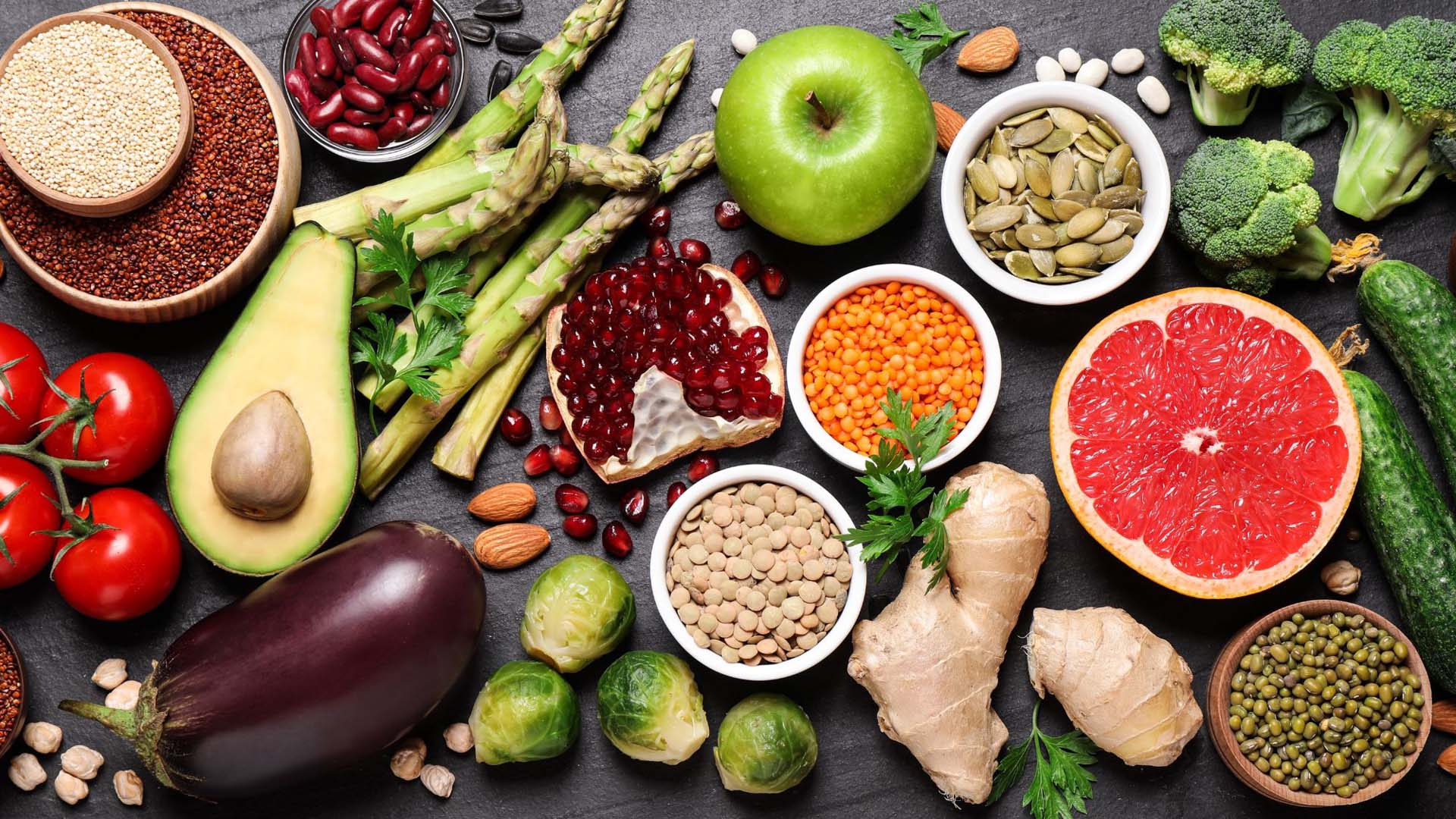
The foods that could help you live longer and protect against chronic illness.